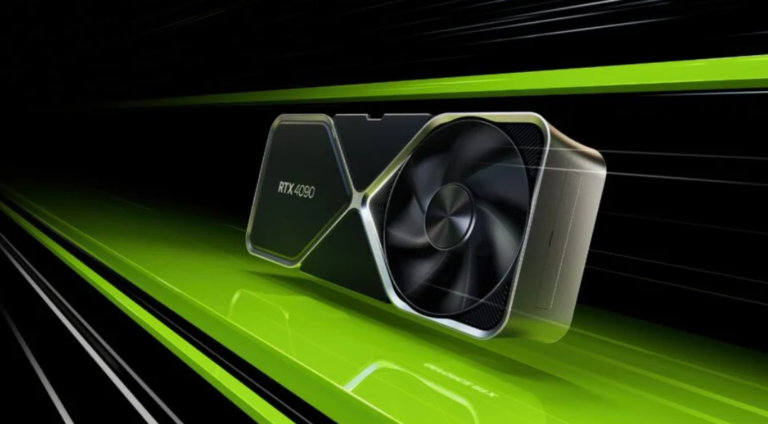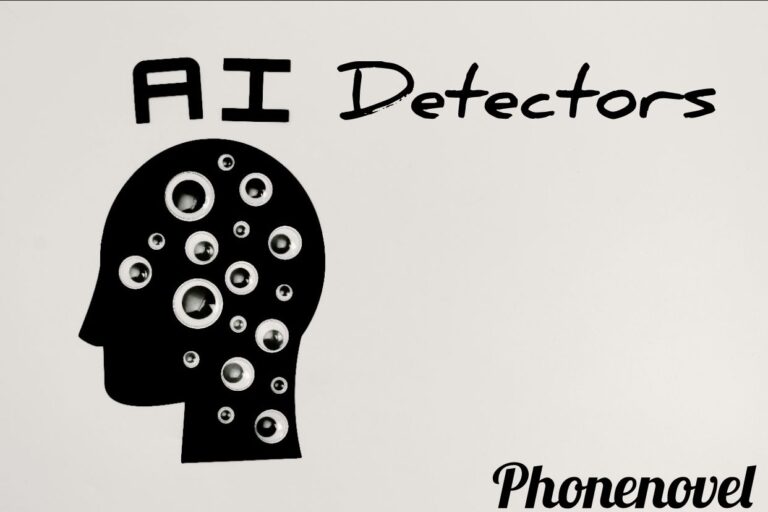What is Quantum Computing? Is it better Future?
Quantum computing is one of the most wonderful advancement in computer science and physics. It represent the principle of quantum mechanism such as superposition, entanglement and quantum interference. Here is a detailed explanation of quantum computing:
1. Core Principles:
- Superposition: Normal computers use binary to encode information, but quantum computers use quantum bits or qubits. A qubits can exist in a state of 0, 1 or any combination of both. This enables quantum computers to perform many calculations.
- Entanglement: When qubit become knotted, the one qubit can directly correlated to others that regard of the distance that separate them.

- Quantum Interference: Quantum computers can interfere with themselves to cancel incorrect solutions. This is a crucial component of many quantum algorithm.
2. Key Features:
Algorithm like Shor’s and Grover’s that shows the power of quantum technology. For example, Shor’s algorithm has power to break classical cryptography by factoring large numbers faster than normal computers.
Quantum computing works in simulating quantum system that makes it invaluable for
- Material Science
- Pharmaceutical
Quantum computers could outperform classical computers in solving problems like supply chain management and traffic flow and in increasing machine learning (Ai) models by analyzing large data more efficiently.
3. Challenges:
- 1. Hardware Limitations: Qubits are disposed to noise which can cause error in computing. Current quantum systems are operating with few hundred noisy qubits that are far from millions of qubits needed for practical applications.
- 2. Error Correction: Quantum error correction is a major problem. Like classical bits, qubits cannot be simply duplicate for redundancy.

- 3. Resource Requirement: Quantum algorithms require thousands of qubits for error correction that translating to millions of physical qubits with present technology.
- 4. Limited Application: While theoretically powerful, many quantum algorithm are in early stage of development.
4. Applications
- Cryptography: Quantum computers impends traditional cryptography. This risk effect the development of post-quantum cryptography.
- AI: Quantum increase power of Ai which allow more efficiently pattern recognition, optimization and data analysis.
- Finance: Financial platforms are also exploring quantum technology for optimization, fraud detection and risk analysis.
- Healthcare: Quantum technology can streamline drug recovery and also in genetics research.
5. Current State:
Many major companies like IBM (International Business Machine Corp.), Google and IonQ are working in quantum computing. Google’s Sycamore process achieved quantum in 2019 by solving problem that is impossible for classical computers. Government also funding heavily to quantum due to its power in national security. China also aim to developing advance quantum technology. The companies like Google’s Cirq, IBM’s Qiskit, and Microsoft’ Quantum developing kit provide tools to developers to expert in quantum.
6. Conclusion:
Quantum computers defiantly is a future. In 5-10 years, Quantum advantages will be achieved in many areas. In long term of 20+ years, quantum technology become fully fault-tolerant may change classical computers. However, Quantum technology is a future and in future this technology change the system of whole world that leads us to modern world.








One Comment